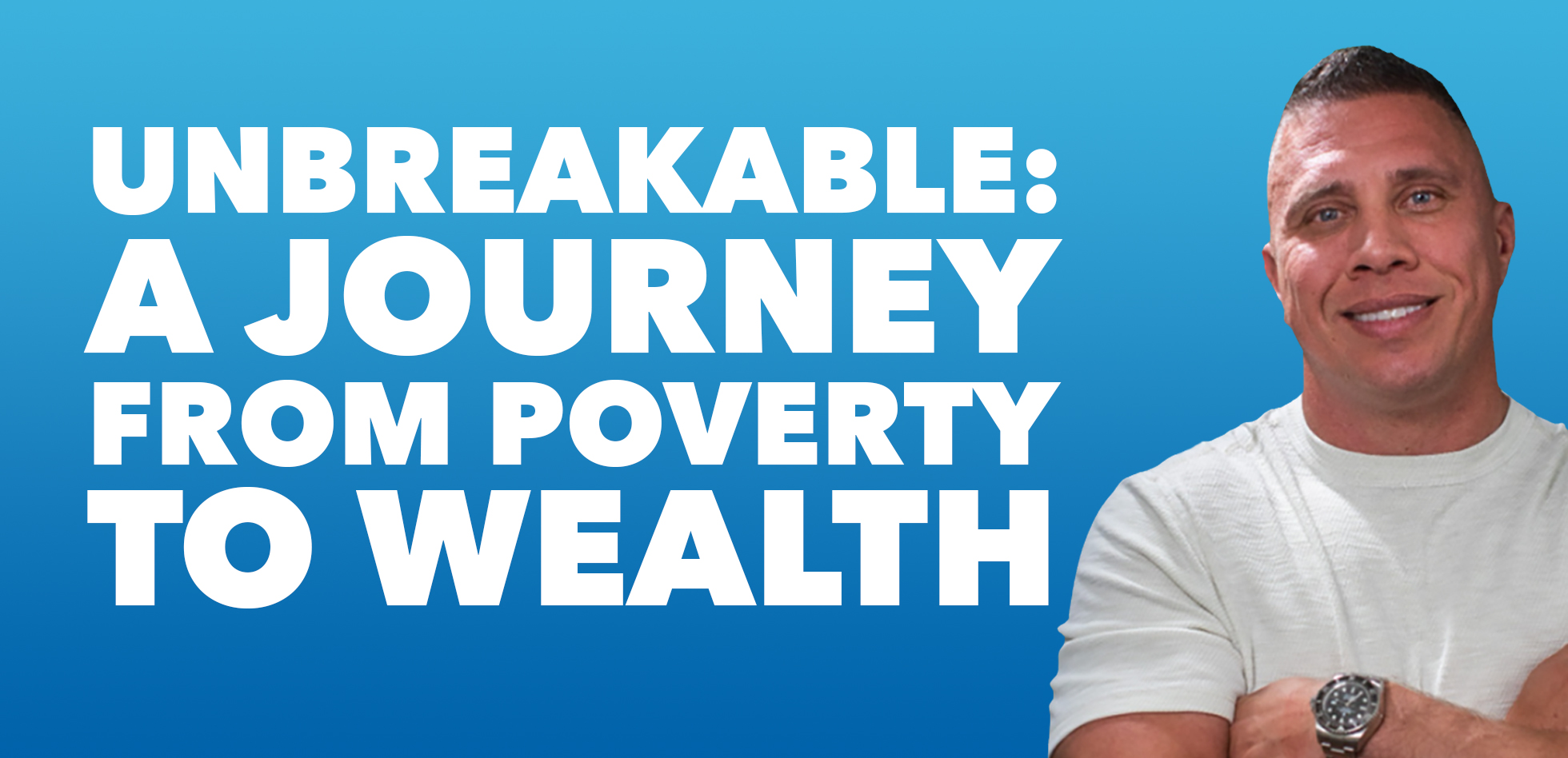What Does It Take to Succeed?
To succeed in business, it helps to succeed in life.
Helping you succeed as an entrepreneur is what Stay Paid is all about.
Week after week, Luke and Josh interview highly successful entrepreneurs and ask them questions about how they built their businesses and what advice they would offer to others.
Most guests share stories and advice with similar themes about operations, strategy, marketing, and sales.
But some interviews go in other directions.
Instead of focusing on what to do to be successful, some guests end up talking about who to be.
And with the ease of their next breath, what they do and who they are become one in the same.
Who you are is what you can become
For Cyrus Mohseni, this week’s guest on Stay Paid, success was becoming a professional soccer player, and it took years of practice until he earned a spot on a professional team.
Later, after a career-ending accident, success was becoming a wealthy real estate broker, which took getting a license, setting up a business, and learning how to run it.
In both cases, Cyrus had to act with will and determination to nurture a commitment, maintain focus, and turn adversity into opportunity.
Without the life skills to be determined, focused, and having a mindset that compelled him to keep moving forward, Cyrus probably wouldn’t have reached either of his business goals.
Life skills are business skills
To become successful in business, art, exploration, or any other endeavor means having the skills specific to that pursuit.
But if learning those skills was all it took, then we’d all be successful.
Success requires more than operational skills; it requires some exceptionally important life skills.
It requires perseverance and trust in yourself.
Without these life skills, no business is likely to succeed because they are the ones that will get you through when things get tough—and at some point, things will always get tough.
Learning perseverance[1]
You don’t have to do all these exercises, but the more you do and the more often you do them, the more you’ll be able to build your perseverance muscle.
- Don’t be afraid to fail. Strive to change the way you think about things not working out the way you had intended. When they don’t, it’s a temporary setback, and there is something to learn. That’s it.
- Start to take some reasonable risks. If you can put yourself into situations where the outcome is unclear, you begin to learn how to adapt, which is another way of saying you learn different ways to keep going.
- Don’t lose sight of your goal. It’s easy to give up when mistakes and the unexpected take you off course. Focus on your goal; always keep it in mind. If your goal means something to you, it’s all the motivation you’ll need to keep going.
- Understand resistance. If you can identify what holds you back (doubt, negative thoughts, nay-sayers, etc.) then it loses its power.
- Identify your bleacher people. Everyone needs a cheering section that wants you to succeed. Build a network of these people and call on them for support when you need them.
- Set clear benchmarks.
- Work to become a little bit better every day. Developing perseverance is like any other skill—you need to practice in order to get better at it. Work to become 1% better every day.
Learning to trust yourself[2]
Learning to trust yourself is one way to ensure that there’s at least one person you can always count on—you.
But many people find it hard to trust themselves. People who don’t trust themselves often find they lack the confidence in their own ability to achieve, to make it through, or to overcome.
Not trusting yourself is essentially a symptom of low self-confidence.
To build your confidence and learn to trust yourself, ask what it is about other people that make you trust them, and then apply those traits to yourself.
- Don’t talk badly about yourself. Would anyone you trust go around dissing other people as relentlessly as you might do to yourself? Instead of proclaiming your stupidity when you make a mistake, try to be gentle with yourself. Talk to yourself as you would a child you love.
- Keep your promises. It’s so easy to break the promises we make to ourselves, but if we knew someone who didn’t keep their word, you wouldn’t trust them. When you tell yourself your going to do something—relax and read a book, lose five pounds, save more for retirement—make sure you do it.
- Be who you are. You’re not likely to trust someone who comes off as a phony. Be authentic and remain true to who you are. Take time to be with yourself; look inward and get to know your own thoughts and feelings.
- Stick with your decisions. If someone doesn’t trust themselves, is there any reason for you to trust them? Make your decisions in the best way you can and once you have, don’t keep questioning yourself. Go forward. It may turn out to be a great decision, but if it’s not, don’t beat yourself up about it. Learn from it instead.
Success in life doesn’t guarantee success as an entrepreneur. But success as an entrepreneur does require at least a couple essential life skills.
And while perseverance and trusting yourself aren’t the only two life skills needed, they are among the most critical because they will keep you going when times aren’t easy and you find yourself challenged to keep going.
Key Points
- To make something happen, you need to visualize it, map out the steps to get it, and then execute on the plan.
- If you want to get to the next level, then have standards, uphold them, and let go of people who don’t meet them.
- Strong business relationships are necessary if you want a future where you aren’t always chasing leads.
Action Item
Focus on whatever it is you want and go all in. Develop the habits and standards you need to get what it is you want and stick to them.
Connect | Resources
Website: www.CyrusMohseni.com
Foundation: /www.givingfootball.org/
Instagram: @CyrusAndre and @GivingFootball
____________
[1] Young Entrepreneur Council, 9 Ways You Can Improve Your Perseverance Skills, Success, October 23, 2019, https://www.success.com/9-ways-to-improve-your-perseverance-skills/.
[2] Erica Cirino, 6 Tips for Building Trust in Yourself, Healthline, Updated July 19, 2018, https://www.healthline.com/health/trusting-yourself#bottom-line.



















 Soundcloud
Soundcloud iHeart Radio
iHeart Radio Spotify
Spotify Spotify
Spotify


